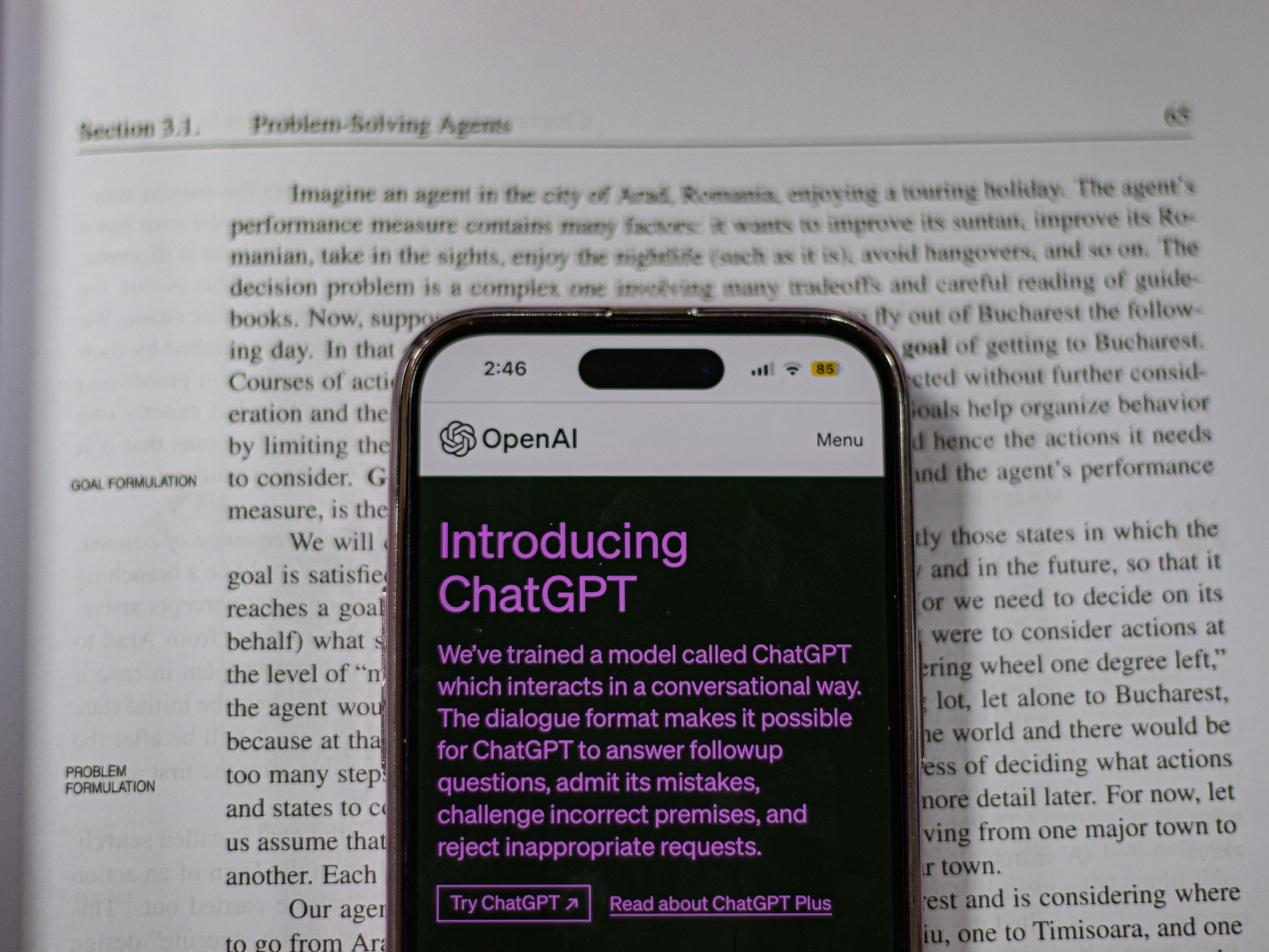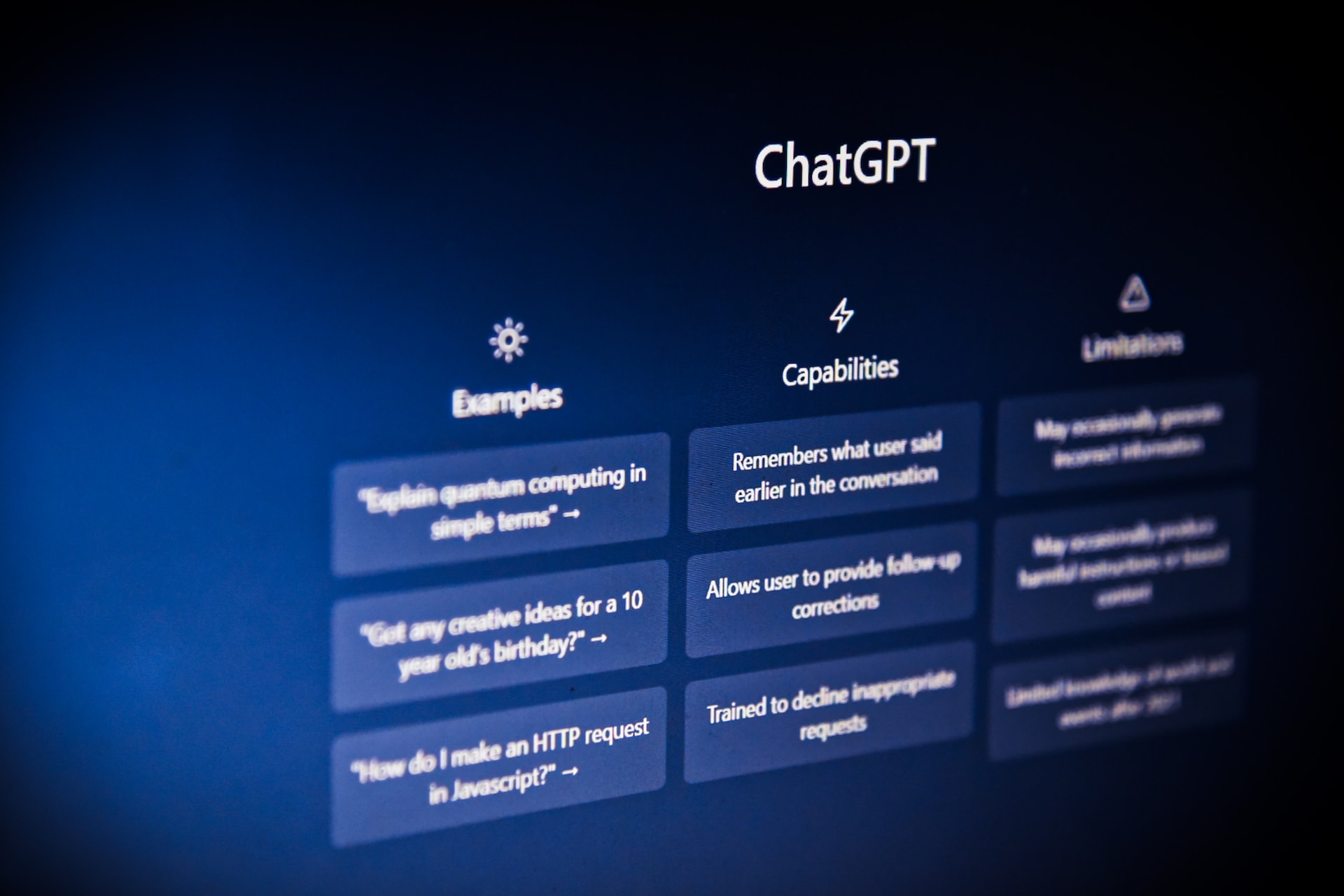The Essence of Information Retrieval
In today's digital age, information is readily available at our fingertips. The ability to access and share knowledge has become an essential aspect of modern life. Google Search has played a key role in shaping how we navigate the vast ocean of digital information.
On the other hand, AI chat technologies have emerged as an increasingly powerful means of communication, providing an interactive and dynamic user experience. But how do these two platforms compare, and can they coexist? Let's dive deeper into the implications of Google Search and AI chat.
The Intentionality of Google Search
When we use Google Search, we are often looking for specific answers or resources. The search engine has been designed to provide relevant results based on our input, making it a powerful tool for finding precise information. Google's algorithms are continuously updated to improve the accuracy and relevance of the search results, which has led to the platform's enduring popularity.
"The perfect search engine would understand exactly what you mean and give back exactly what you want." - Larry Page, Co-Founder of Google
However, this form of information retrieval does have limitations. The responsibility lies with the user to determine what information is accurate, reliable, or relevant. Additionally, search engines are generally impersonal and lack the contextual understanding that human conversations provide.

AI Chat: The Human Touch in Digital Communication
AI chat platforms, such as OpenAI's ChatGPT, represent a shift from traditional search engines. By using natural language processing and understanding, these platforms can engage with users in dynamic, conversation-like interactions. AI chatbots can provide immediate answers, recommendations, and even simulate human-like conversations.
AI chat platforms can excel in providing personalized and contextual responses. This allows for a more intuitive user experience, as the technology can better understand the user's intentions and provide tailored answers. AI chat can also adapt to a user's individual learning style and preferences, creating a more engaging experience than traditional search engines. There are however,
technical limitations that mean ChatGPT can only do so much. For example, it can process a maximum of 2048 tokens (parts of words) at a time so if your entry is longer than that, ChatGPT can fail.
The Intersection of Google Search and AI Chat
While both Google Search and AI chat platforms have their own unique strengths and weaknesses, they can complement each other in various ways. For instance, AI chat can enhance the search experience by adding a layer of personalization and context to the information retrieval process.
Collaborative Synergy: The Best of Both Worlds
Imagine a future where AI chat platforms seamlessly integrate with search engines like Google, providing users with a more holistic and engaging experience. Users could ask an AI chatbot for specific information or resources, and the chatbot could use search engine capabilities to provide relevant results in a conversational manner.
This integration could lead to a more efficient and enjoyable information retrieval process, where users can enjoy the benefits of both technologies simultaneously. By combining the strengths of Google Search and AI chat, we can create a powerful synergy that enhances the way we access and interact with information.
The Ethical Considerations of AI Chat Integration
As we move toward a more interconnected digital landscape, it is important to consider the ethical implications of AI chat and search engine integration. Issues such as user privacy, data security, and potential biases in AI algorithms must be addressed to ensure a responsible and ethical development of these technologies.
By fostering a culture of transparency, collaboration, and ethical development, we can work together to create a future where AI chat and search engines coexist in harmony, providing users with a seamless and enriching experience.




